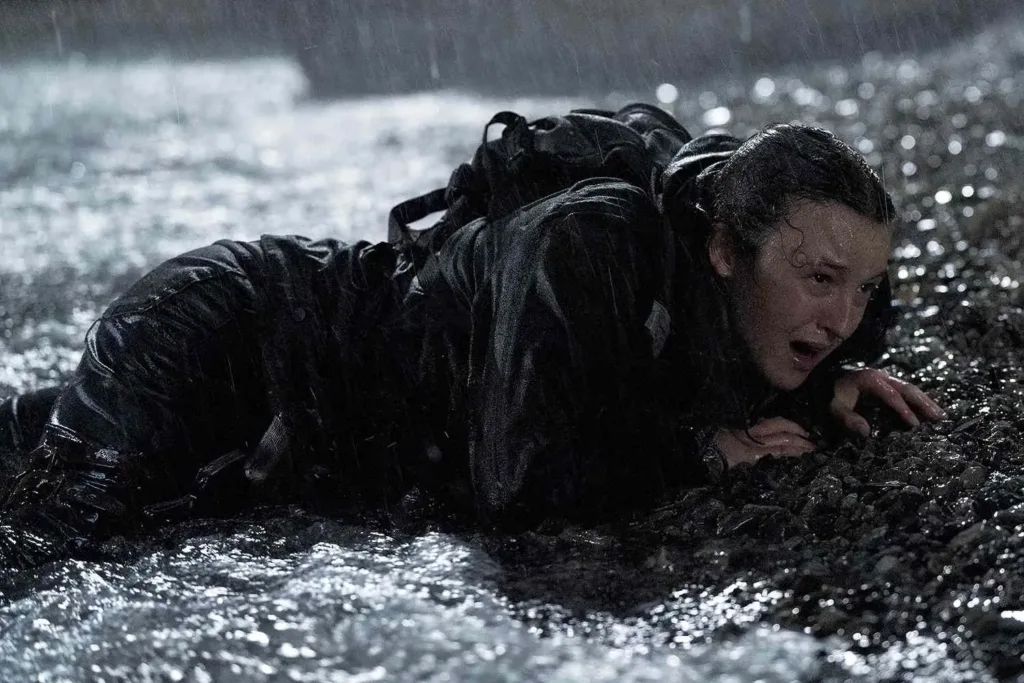The Season 2 finale of HBO’s The Last of Us, “Convergence,” aired on 25 May, capping a seven-episode run that opened with 5.3 million U.S. cross-platform viewers—up 13 percent on the series debut in 2023, according to HBO figures shared last month.
Sunday’s episode ended with Abby (Kaitlyn Dever) storming the Seattle theater, killing Jesse, and turning her rifle on Ellie before the screen cut to black and rewound to “Seattle Day 1” from Abby’s viewpoint, echoing the mid-game pivot in The Last of Us Part II. Showrunners Craig Mazin and Neil Druckmann said the cliff-hanger was chosen because “there is another side to this story we haven’t told,” promising that future chapters will “always be centering on somebody,” not just Ellie.
HBO had already renewed the drama for a third season on 9 April, and Mazin has since confirmed talks for at least four seasons, arguing that each will be “a different show” while remaining under the “cloud—or sunlight—of Joel”. Production condensed the game’s sprawling first act into seven episodes, a decision Mazin defended as preferable to “overtaking” the source material.
Early critical notices for the finale were strong: Den of Geek called it “devastating and essential,” praising Bella Ramsey and Pedro Pascal’s performances, while the Los Angeles Times applauded Dever’s “ferocious” debut as Abby. Rotten Tomatoes lists Season 2 at 95 percent positive across 228 reviews. Still, reaction was far from unanimous: live blogs at Tom’s Guide logged real-time fan frustration over the shortened season and sudden perspective switch, and social-media debates resurfaced over whether Abby’s arc dilutes Ellie’s agency. Actor Young Mazino, whose Jesse meets an abrupt fate, told Vulture he expects “louder conversations” next year as viewers grapple with the show’s shifting moral centre.
Behind the scenes, HBO’s marketing muscle remains robust: the season-two trailer drew 158 million global views in three days, a record for the network. With the finale now steering the story toward Abby and the Washington Liberation Front, Mazin says the creative team will spend the hiatus “digging even deeper” into themes of vengeance and forgiveness before cameras roll again later this year.
